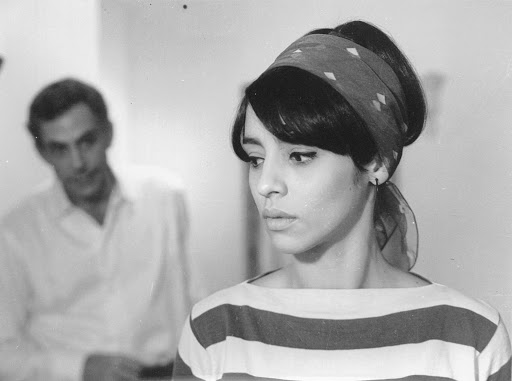Xavier Carbonell, SIGNIS Correspondent
Who lives in the tropics knows that a hurricane is implacable in its trajectory: it crashes everything. The revolution of 1959 had come with the same demands of a windstorm. It was necessary to answer as expected or to be removed, sooner or later, by an enthusiastic but conflictive reality. In the first years of the revolutionary process, several lines of action were defined in every sphere of life, and it was extremely hard to remain outside the situation.
Education, economy, agriculture, editorial production, public opinion, national history and —of course— culture, were about to be transformed; it was needed to reformulate the fundaments of all things, as if the world and the island were facing a new beginning.
One of the rebel commanders, Ernesto Guevara, gave his diagnosis: the bourgeois intellectuals were affected by an unforgivable “original sin”, not being revolutionary, and their fate was extinction, in favor of the New Man of communism. The social dilemma was expressed, for many intellectuals and artists, in an urgency to take a position that was political and ideological. It was the within and against prescribed by the orthodoxy.
Seven years after the PM scandal, a film was going to reflect about the role of the intellectual in the socialist society. Its meditation was so deep and solid, and its esthetic fundaments of such an overwhelming quality, that immediately became an absolute classic of the Cuban cinematography.
I’m talking about Memorias del subdesarrollo (1968) —usually translated as Memories of the underdevelopment—, directed by the great master Tomás Gutiérrez Alea, Titón, and inspired in the novel of the same name written by Edmundo Desnoes.
Together with Fresa y chocolate (1994), co-directed by Titón itself, Memorias… is always among the first places of any anthology about Cuban cinema. With an avant-garde narrative —that takes its inspiration of the Italian neorealism—, the story is about Sergio Carmona, an intellectual facing the revolutionary maelstrom. His family has left the country and he, who sees the great city-scenario that is Havana, conceives himself as an outsider, strange to the game and to the system.
Keen, elegant, cynical, owner of a certain knowledge that brings him out of the underdevelopment, Sergio is in a pure state of masculine hunting. But every woman in his life —they divide the sections of the movie— works as a mirror; they give him back his own story and nostalgia, in a performance of memory that, in essence, is totally absent in an underdeveloped country. “Within the underdevelopment”, is Sergio’s conclusion, “nothing has continuity, everything is forgotten, people is not consequent. But you remember many things, you remember too much. Where is your people, your job, your wife? You are nothing, nothing, you are dead”.
As he witnesses the revolutionary storm, Sergio analyzes the effervescence of those years, from the failed invasion to Bay of Pigs to the October Missile Crisis. The collage of historical scenes and the mimesis of a documentary’s tone are the most audacious narrative experiment of Memorias…: the film is the deepest and more critical recount of Fidel Castro’s revolution.
Fifty years have passed since Memorias del subdesarrollo’s premiere. It was always our most sharpened knife against the bureaucrats of the moment, those who have “institutionalized mediocrity and provincialism”, as Titón wrote in his work notes,
and pretend to stipulate “how do we have to talk to the people, how do we have to dress and cut our hair”.
Nevertheless, the worse part was about to come. Just as it happened to Sergio, the Cuban culture was about to enter to a grey and fatal age.
But, despite the scythe of censorship, the historical cataclysms and the trauma of exile, the 60’ were actually remarkable when it comes to literature and arts in Cuba: several our most memorable classics were created in that period, and not even the underdevelopment could take that away form us.
***
The collection of articles “Cuba in Seven Films”, published by SIGNIS originally in Spanish, in 2020, received the Paco Rabal Award of Cultural Journalism, Madrid (Spain) in the category of “Young Promise”.


